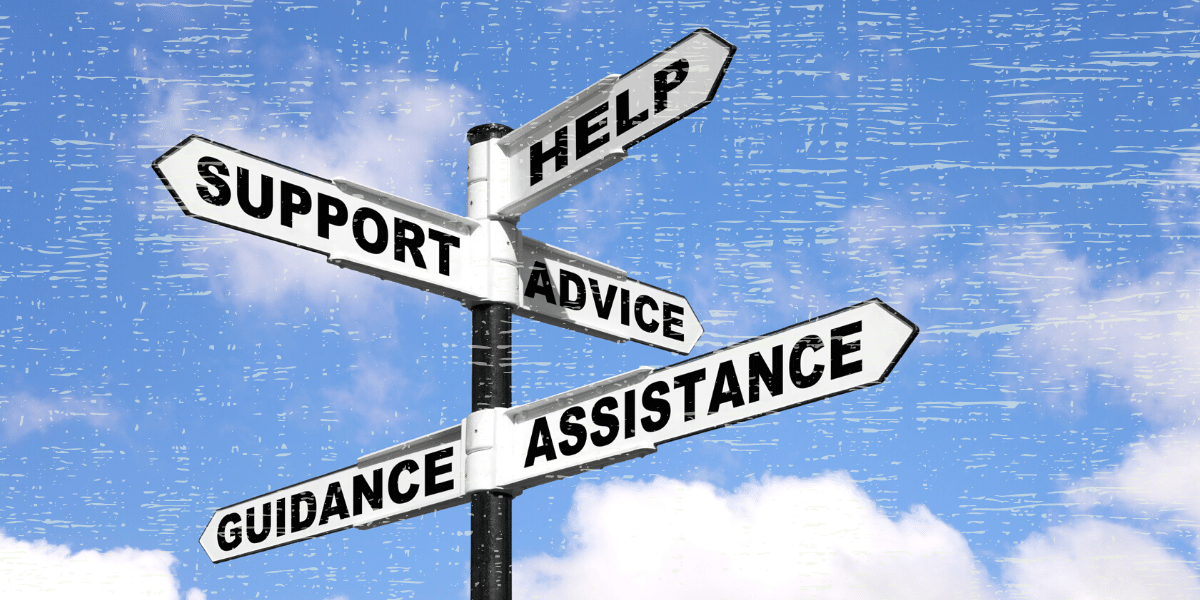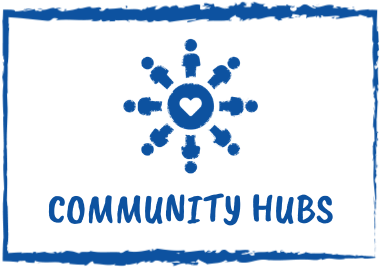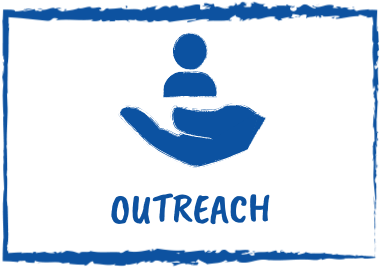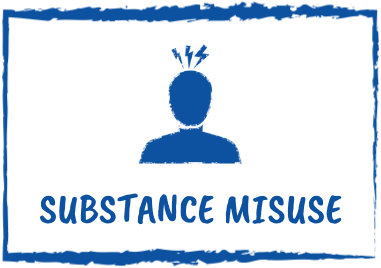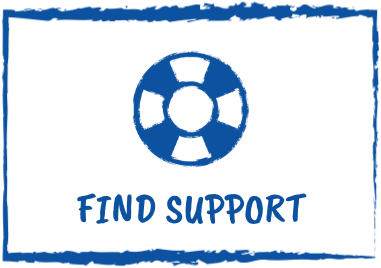Health and Wellbeing
Being homeless for any length of time can take its toll on a person’s physical and mental health. More often than not, our clients experience health issues that are detrimental to their journey out of homelessness.
Rough sleepers often find it hard to access and engage with health services, which can have serious long-term consequences for their health and wellbeing.
At Turning Tides, we have a ground breaking Multi-Disciplinary team comprised of specialist roles, who work with clients to ensure they can access the vital services to help improve and manage their health needs.
Together, with statutory providers and community based support, we work holistically to strengthen the resilience of those with ongoing health needs so they can secure the future they desire.
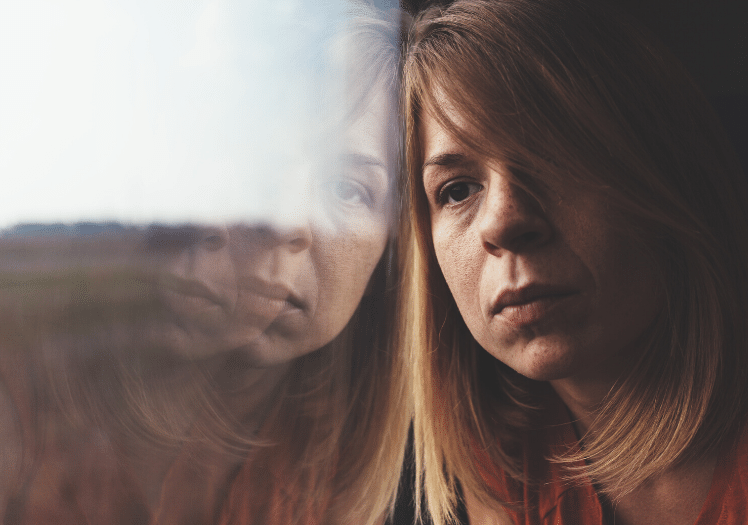
The Facts
The relationship between homelessness and mental and physical ill health are complex. Both can be contributory factors of homelessness and also outcomes from being without a home.
Research has shown the following:
- Homeless men and women are almost twice as likely to have a diagnosed mental health issue than the general population (45% in homeless people, 25% in general population). (HL)
- Over three quarters of homeless men and women have a self-reported mental health issue (80%). (HL)
- Nearly a third of homeless men and women die from treatable conditions. (TBIJ)
- An estimated 597 deaths of homeless people in England and Wales in 2017. (ONS)
- Average age at death of homeless people was 44 years for men, 42 years for women. Compared with the general population of England and Wales which was 76 years for men and 81 years for women. (2017 – ONS)
- Over half of all deaths of homeless people in 2017 were due to drug poisoning, liver disease or suicide. (ONS)
If you would like to explore more research visit:
45% mental health issue
Nearly double general population (Homeless Link)
Our Approach
All accommodation staff are trained in the following approaches:
Strength-Based Practice
Holistic focus that fundamentally believes every person has potential, and their own unique strength’s and resources will help them to realise this potential. The emphasis is on the individual creating an opportunity for positive change. Support is based on empowering not fixing.
Psychologically Informed Environments
A service that is developed and delivered with the thoughts and feelings of those accessing the service paramount. How people think, feel and behave and how we interact with the environment is helped to construct and deliver the service with continual reflection.
Trauma Informed Care
Recognises the link between trauma and homelessness. The majority of homeless men and women have experienced trauma throughout their life, or during homelessness and indeed homelessness itself is a trauma. Trauma refers to both isolated or multiple experiences which are ‘out of the ordinary’ and are very significant to overcome. Services are informed of the individual’s needs to address the effects of trauma as well as preventing further trauma where possible. It focuses on the importance of an individual’s support network and personal resilience.

Life can take a cruel twist
I shared 11 wonderful years with my husband. But then life took a cruel twist when he was diagnosed with bowel cancer. Everything in my life came to a head two years later when he passed away. The thought of life without him was agony. Being home without him was unbearable. I quickly became depressed, lonely and then suicidal.
I don’t remember being admitted to Meadowfield hospital but that was where I was cared for, for the next six weeks. Whilst in hospital, unbeknownst to me, my home had been reclaimed by the landlord and my belongings were put into storage. So when I was finally discharged from hospital the reality of my situation dawned on me – I was homeless!
I never thought in a million years I would be homeless myself. Turning Tides has saved my life. They gave me support, encouragement, made me feel safe and just gave me time to be. I will be forever thankful.
Other ways to get help
If you, or someone you know, is at risk of or has become homeless, please visit our help section to find out other local sources of advice and support.
You can find lots of useful local services who can provide practical information and advice on a range of matters such as housing, benefits, money management, mental wellbeing and much more.
You can find the contact details of your local council and the Frequently Asked Questions will signpost you to other sources of support.
